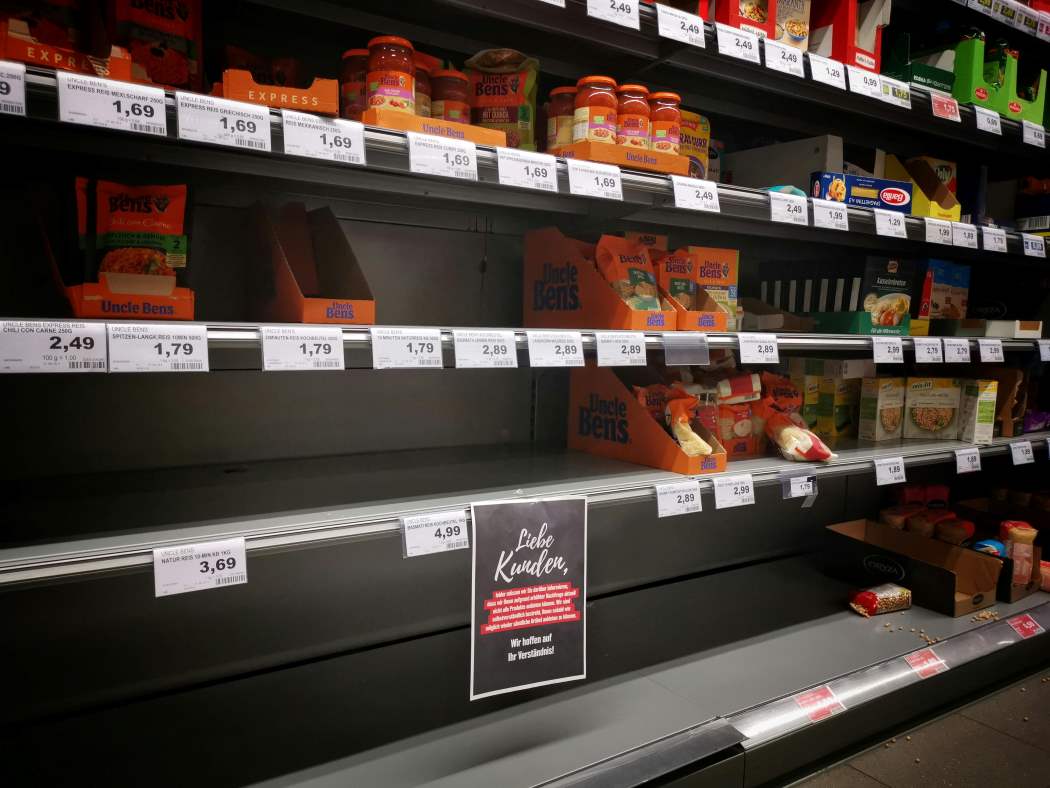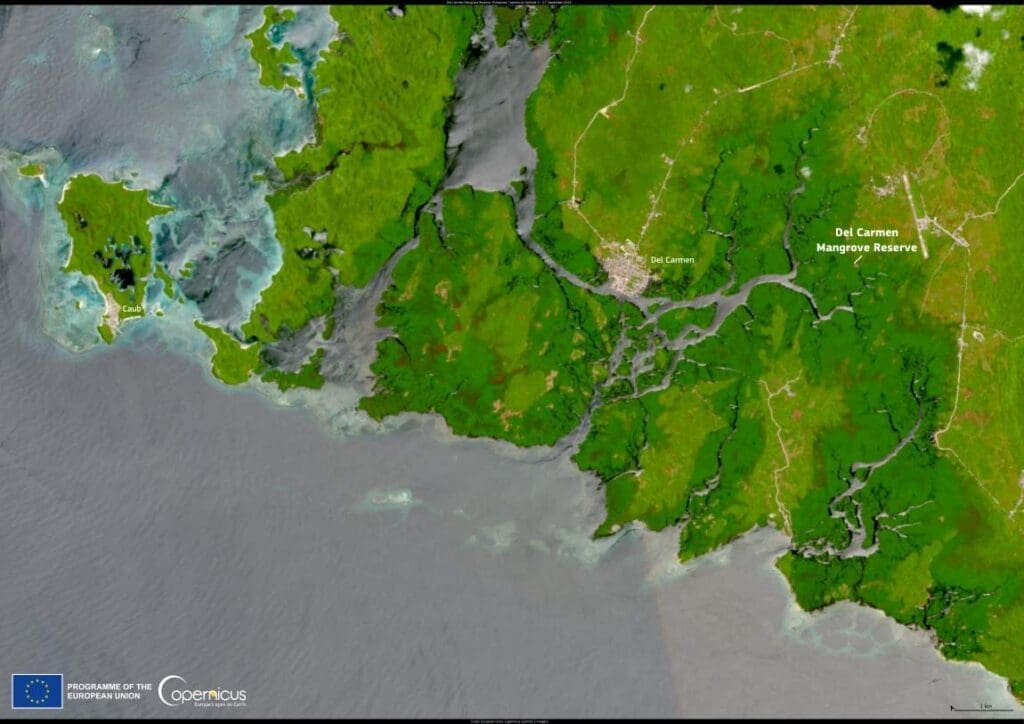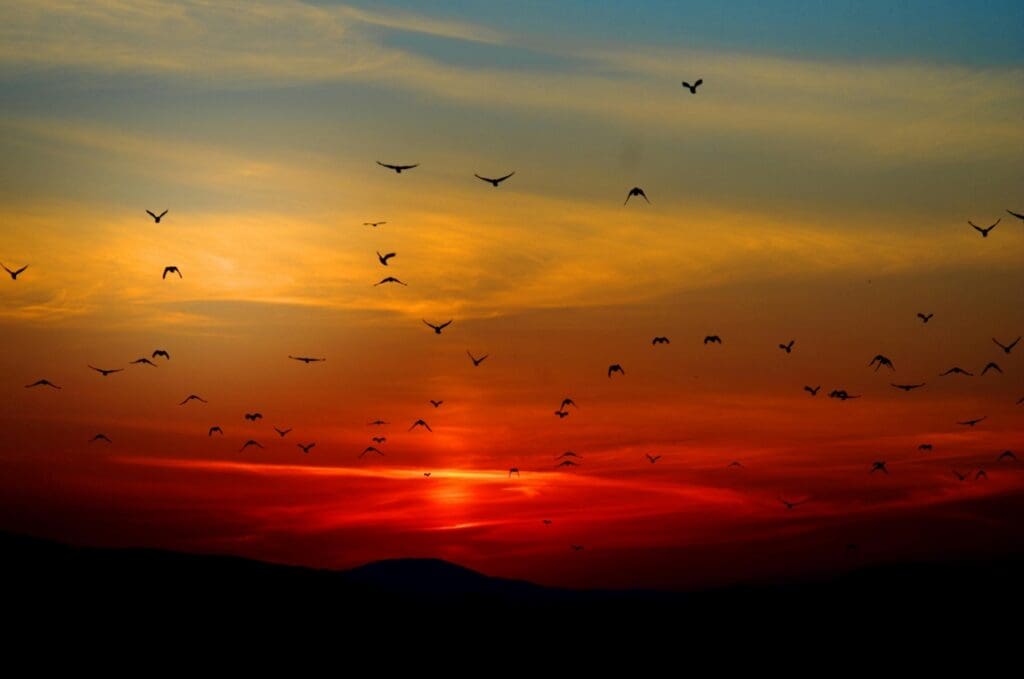Anglia Ruskin University (ARU) is leading a new £2 million initiative to help prevent food shortages that could potentially trigger civil unrest in the UK.
The project, called Backcasting to Increase Food System Resilience in the UK, is being led by experts from Anglia Ruskin’s Global Sustainability Institute and has received £2,048,461 in funding from the Biotechnology and Biological Sciences Research Council, part of UK Research and Innovation (UKRI).
Building on recent research that found that over 40% of food experts believe widespread civil unrest linked to food shortages, such as demonstrations and violent looting, is possible or likely in the UK within the next 10 years, the new project aims to urgently address vulnerabilities in the nation’s food supply.
The UK’s food system is currently optimised for efficiency rather than resilience, relying heavily on imports, seasonal labour, and just-in-time supply chains.
This makes it particularly susceptible to disruptions that could lead to a collapse, defined as a situation where the public lack access to affordable food, resulting in economic productivity losses, disease outbreaks, extreme hunger, malnutrition, or civil unrest.

Potential causes of such a collapse include geopolitical instability and conflict around the world, pandemics, extreme weather events exacerbated by climate change, and trade tariffs.
The project aims to identify and find ways of mitigating the potential tipping points that could lead to a collapse and prioritise the areas within the UK food system that urgently need to strengthen their resilience to likely risks and shocks.
To achieve these goals, the researchers will work closely with key stakeholders including food producers, importers, distributers and retailers.
A “backcasting” mapping exercise will be carried out to identify the most likely pathways leading to civil unrest with a focus on addressing problems at the early stages of these pathways, well before any unrest arises.
Anglia Ruskin University is leading the project in partnership with experts from the University of York, the London School of Hygiene & Tropical Medicine, the University of the West of England and the Royal Agricultural University.
Other partners include WTW, the Food Farming & Countryside Commission, the Food Ethics Council, WRAP, DEFRA, Trussell, Sustain, Better Food Traders, Samworth Brothers, the Food Standards Agency, the Institute of Grocery Distributors and WWF.
Professor Aled Jones, Director of the Global Sustainability Institute at Anglia Ruskin University (ARU), said: “The Backcasting to Increase Food System Resilience in the UK project is a major investment into understanding how future shocks could significantly impact the UK food system and how we can build resilience to these.
“The food system is exposed to various risks from climate change and biodiversity loss to geopolitical events, such as wars or cyberterrorism. Supporting the UK’s food system stakeholders from farmers through to retail, by working with them to build on their knowledge to deliver a transformation towards resilience, is vital.
“The project will also involve placements inside organisations focusing on food system challenges, to better understand the interventions that may be possible, and allow wider lessons to be captured and shared. These placements will be open to PhDs from across the UK and will be announced in 2026.”
Article Source:
Press Release/Material by Anglia Ruskin University (ARU)
Featured image credit: Roy Broo | Pexels




